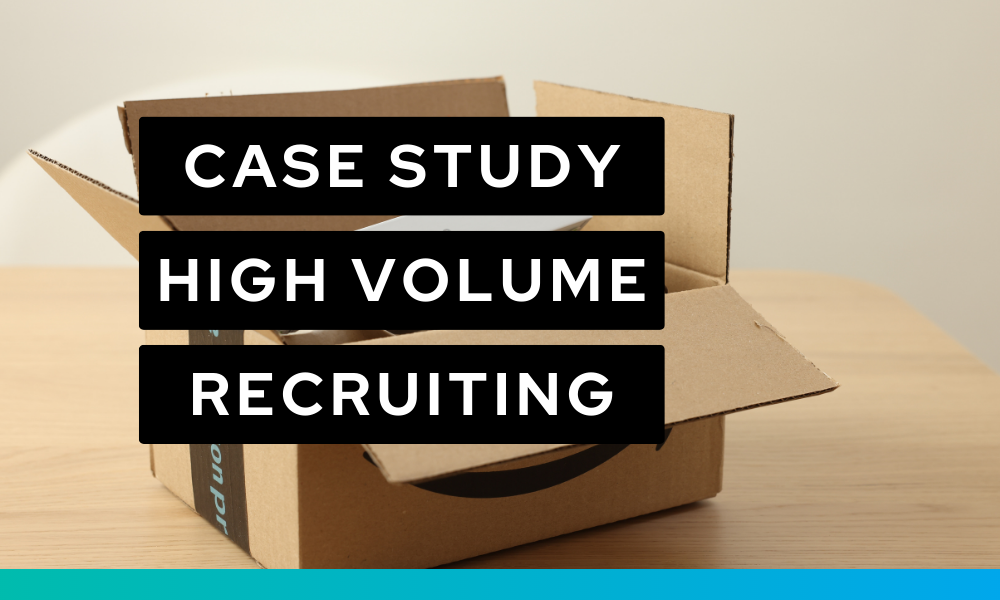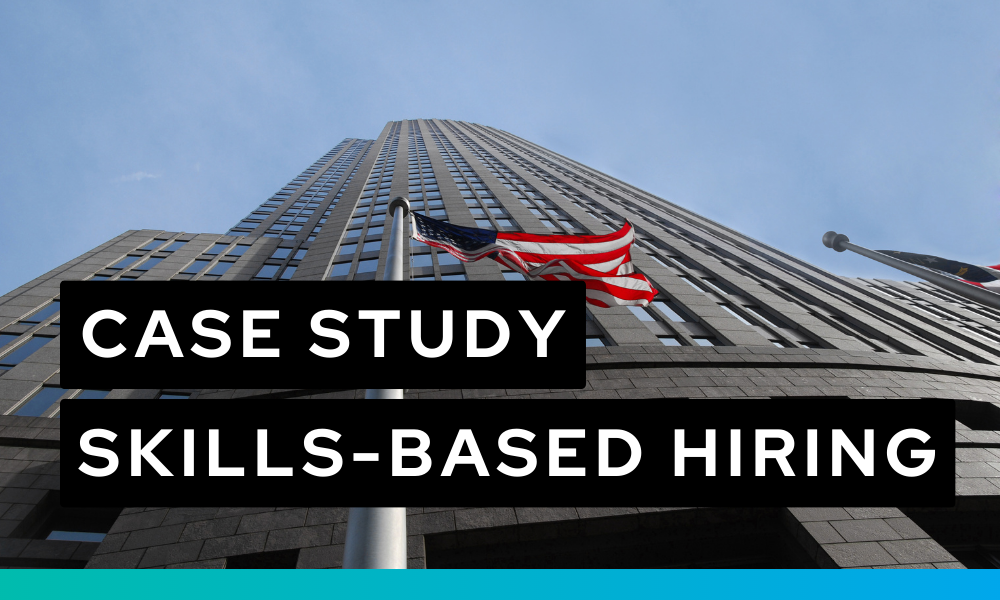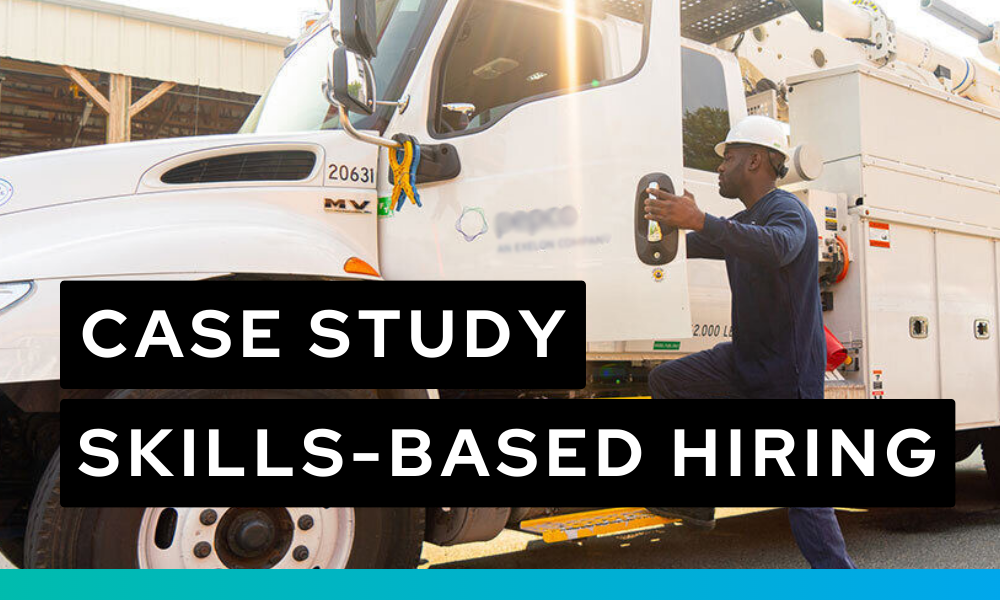
Make talent quality your leading analytic with skills-based hiring solution.

Skill assessment software helps recruiters go beyond resumes by testing real-world skills through fair, simulation-based assessments. It improves quality of hire, reduces bias, and speeds up hiring while building a reliable skills inventory for workforce planning. Modern platforms like Glider AI combine talent assessment tools, CEFR-based language testing, AI proctoring, and scalable reporting—making it easier to identify job-ready candidates and support long-term talent strategies.
Hiring IT talent is never simple. The demand for developers, engineers, and cybersecurity professionals continues to outpace supply, and many candidates who look qualified on paper fall short once technical interviews begin. For companies like Expedia, where digital infrastructure powers nearly every part of the business, the cost of a mis-hire is high—not just in dollars, but also in delayed projects and stressed teams.
Traditional screening methods, like resume reviews or recruiter phone screens, weren’t catching these gaps. Too many candidates slipped through, only to stumble during technical evaluations. Expedia needed a way to verify skills earlier in the process, so managers only invested time in candidates who were truly qualified.
Expedia was running into a problem familiar to every hiring manager: candidates who looked strong on paper but couldn’t demonstrate the skills needed once interviews started.
With a steady flow of contingent IT roles to fill, recruiters were sending too many unqualified candidates forward. Hiring managers were losing valuable time in interviews that led nowhere. Expedia needed a way to make sure only the right candidates reached the review stage.
Expedia added Glider AI’s technical skill assessments to the front of their screening process. Instead of relying on resumes, recruiters now submit candidates only after they’ve proven their technical ability through tailored assessments.
Recruitment agencies use test results to identify which candidates are truly proficient. Hiring managers create role-specific assessments—including coding tasks—that reflect the real work their teams do. Managers receive detailed reports for each candidate, showing skill scores and rankings across the applicant pool.
One IT manager explained it this way:
I use Glider extensively during the screening process and rely on it to measure a candidate’s knowledge of the target skills for our roles. Glider helped me zero in on quality candidates without wasting time making subjective calls based on resumes.
— Braden T, IT Manager, Expedia
For Expedia’s IT roles, success required more than credentials. Candidates had to show they could:
By putting these skills at the center of evaluation, Expedia cut down on guesswork and focused on candidates who could actually perform the job.
After rolling out Glider AI’s skill assessment software, Expedia saw measurable improvements:
Expedia’s experience shows how skill assessment software helps companies hire with more confidence. By requiring candidates to demonstrate ability before reaching hiring managers, the company reduced wasted effort, improved hiring ratios, and gave managers more confidence in their final choices.
For companies filling IT roles—especially at scale—skill assessment software provides a simple shift with big impact: fewer weak candidates, faster decisions, and stronger hires.
What is skill assessment software?
Skill assessment software is a platform that evaluates candidates on technical, functional, and soft skills through structured tests, coding challenges, and simulations. It goes beyond resumes to measure real ability.
How does it help IT recruiting?
For IT roles, it verifies critical competencies like coding, systems knowledge, and problem-solving before candidates ever reach interviews. This reduces wasted time on unqualified candidates and improves the quality of hires.
Can assessments be customized?
Yes. At Expedia, hiring managers tailored tests with role-specific coding exercises and technical tasks, ensuring candidates were evaluated on skills that directly matched the job.
Does this replace interviews?
No. Instead, skill assessments make interviews more effective by ensuring only the most capable candidates move forward—so interviews focus on depth rather than basic qualification.

TL;DR The world’s largest e-commerce company expanded its Global Customer Care operations into Australia and Europe, hiring nearly 5,000 multilingual associates with Glider AI. By focusing on high volume recruiting powered by AI proctored assessments, the company cut time-to-hire in half, boosted talent quality by 67 percent, and strengthened its global retail recruiting process. -> […]

TL;DR One of the largest multinational financial institutions faced rising levels of candidate fraud during its remote technical bank recruiting drives. In partnership with Pontoon and Glider AI, the bank reimagined its recruiting process with AI-powered skill assessments, proctoring, and identity verification. The new skills-based hiring model cut fraudulent applicants by nearly a quarter, saved […]

TL;DR One of the largest utility providers in the United States partnered with Pontoon and Glider AI to modernize hiring for its high-volume customer care program. The company first introduced skill assessments to ensure candidates had the right capabilities before moving forward. While this improved candidate alignment, in-person interview no-shows still caused delays and wasted […]